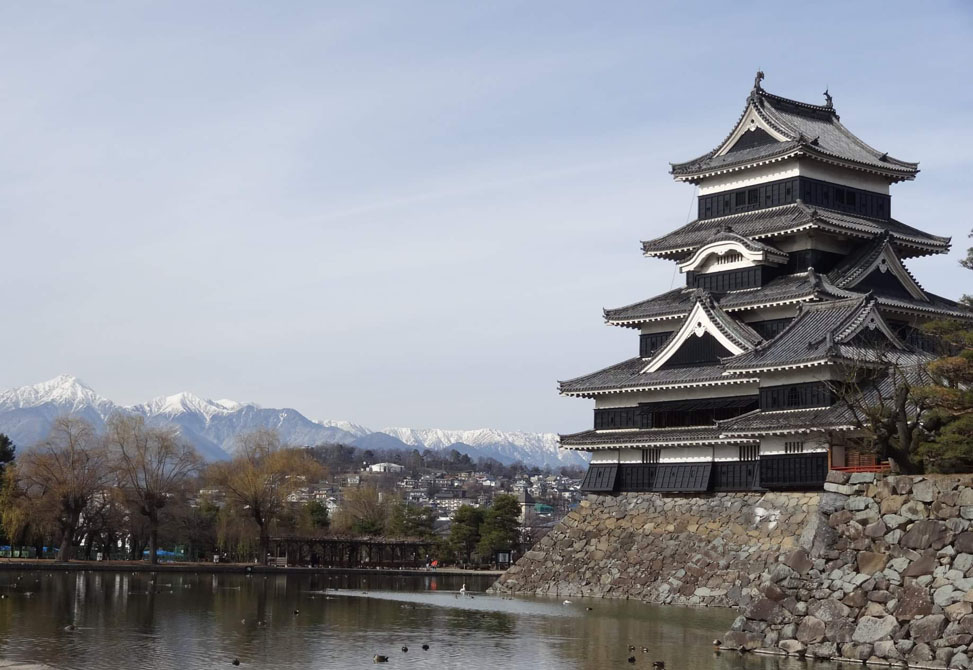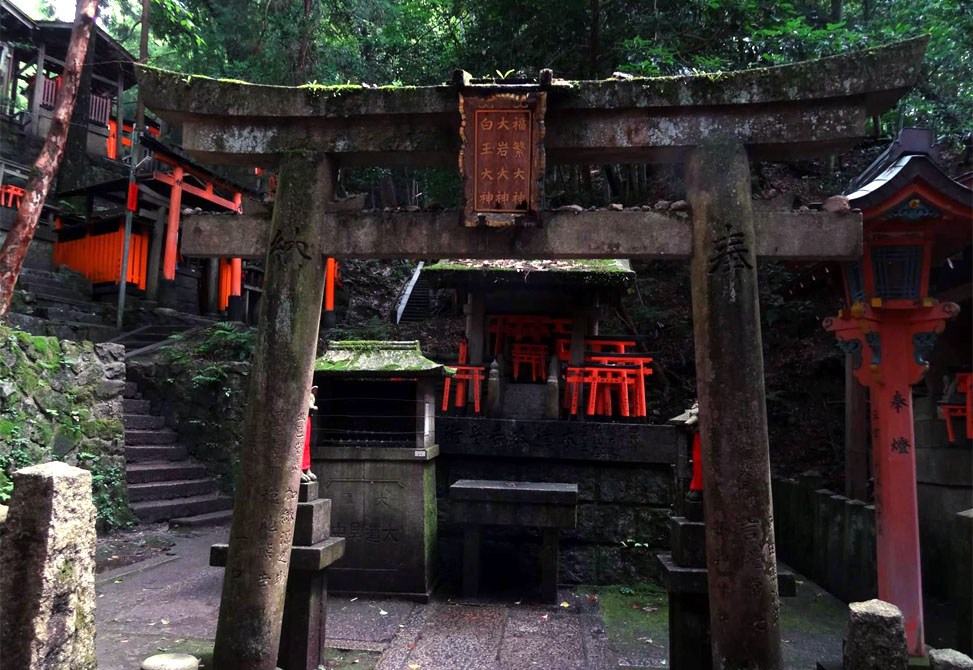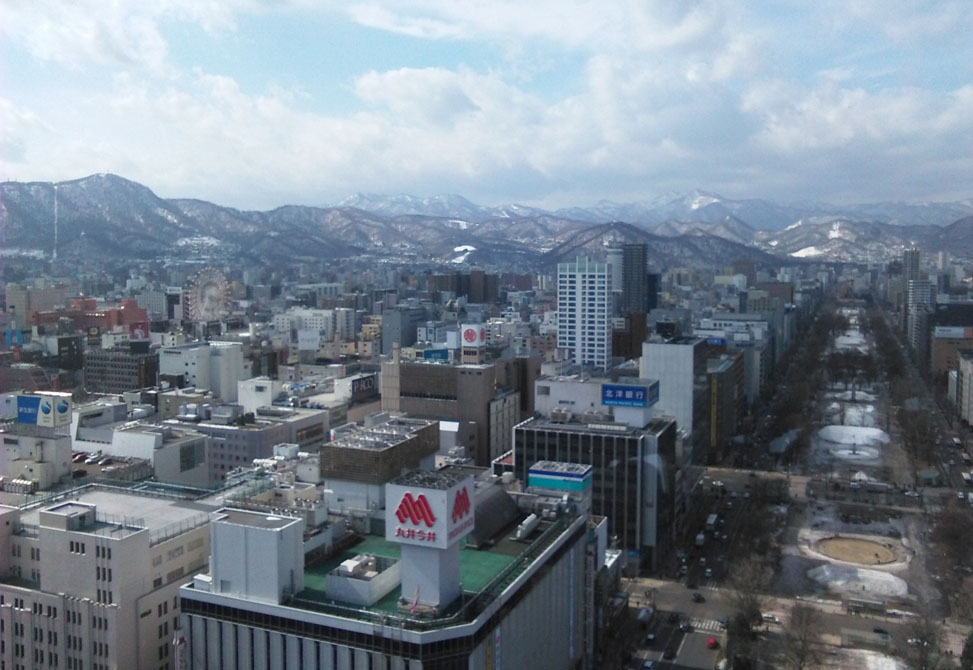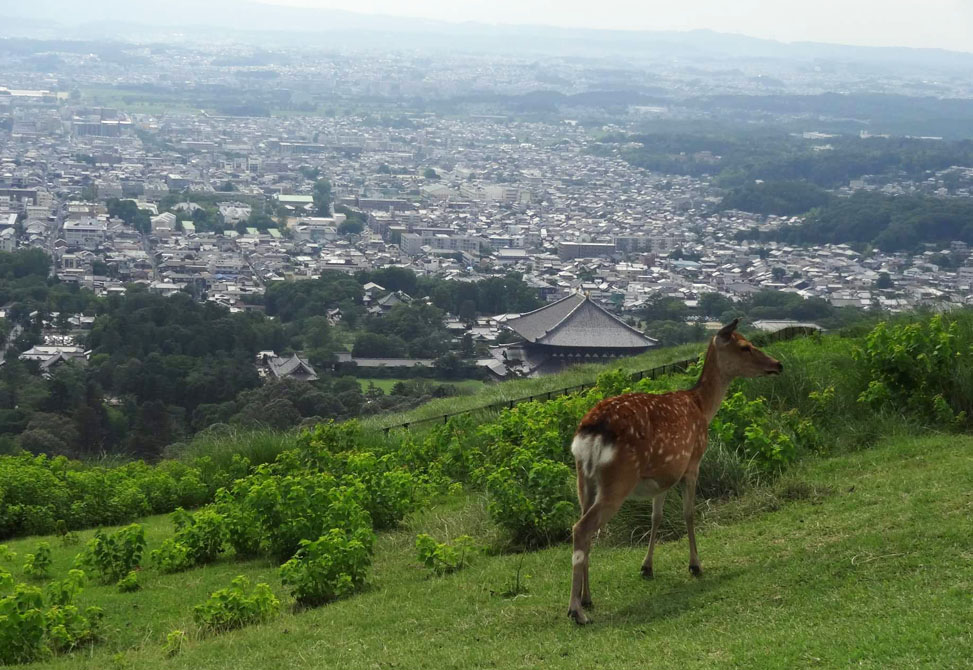Nico Wright
About My Study Abroad Program
Major/Minor: Anthropology, Japanese
Program: International Christian University
Location: Mitaka, Japan
Email: sequoi@live.unc.edu
Term: Year 2018-2019
Why did you choose to study abroad and how did you select your program?
Before studying abroad, I had never traveled outside the United States, which I felt was an important and valuable experience. I also wanted an environment to better improve my Japanese, so Japan was an obvious choice. A couple of students from ICU studied abroad at UNC the year I was applying, and talking with them and others who went to ICU convinced me to go to ICU.
What did you learn about yourself?
I learned I am much more independent and courageous than I thought I was. A year ago I had never flown on a plane or traveled anywhere by myself, but I've become comfortable traveling alone in a foreign country and interacting with strangers in a different language. I could not have imagined all the adventures and experiences I had because I would not have thought them possible.
What is one of your favorite memories from your program?
I was able to take a class on community service in Japan, where I spent 24 hours during the semester working on two different farms in Tokyo. I would not have expected Tokyo to have farms, but it has many urban farms, and it was a great way to learn more about agriculture and society in Japan as well as meet some of the people working there. My supervisors were super sweet and we all became quite close, and since they did not speak much English I learned a lot of new vocabulary related to farming.
What advice do you have for future study abroad students?
Study abroad is a time to not take yourself too seriously. I joked with friends that studying abroad is just publicly embarrassing yourself every day. Especially if you are not fluent in the main language of your destination, you will have plenty of moments where you make hilarious and embarrassing mistakes. Do not be afraid of these moments. These are the moments where you learn what you take for granted. At the end of the program, when you are more accustomed to life in your chosen destination, you can look back and see how much your perspective has widened. If nothing else, your embarrassing moments will make for some funny stories.
Would you do it again?
Absolutely!
How did your study abroad experience prepare you for your future career?
I hope to some day return to Japan and potentially work there, so studying abroad helped me improve my Japanese skills drastically. It also exposed me to a wider variety of perspectives and experiences, which is helpful in my interest in social studies, as the world is much more complex and diverse than any one perspective. I also built a lot of international connections and participated in interesting volunteer opportunities that might help me in the future.
How do you identify?
LGBTQ+, First Generation College Student, Scholarship Recipient
Could you share any experiences where your identity played a role in your time abroad?
As a trans guy, I actually felt more comfortable existing in Japan than in the United States. Partially because as a foreigner I could never fit Japan's mainstream anyway, and partially because Japan has somewhat of an unspoken "as long as you don't talk about it, it's fine" policy when it comes to LGBTQ+ identities. Also, while gender roles and expectations certainly exist in Japan, Japanese masculinity is different from American masculinity and had more room for me to fit in. This allowed me to feel more comfortable expressing myself how I like without feeling observed and without fear of harassment and violence. In the United States I never entered LGBTQ+ spaces because of these fears, but I felt comfortable doing so in Japan.
Is there any advice you would give to other students who share your identity?
No matter what, it is all about safety. If you don't feel comfortable coming out or participating in certain experiences during your study abroad program, keeping yourself safe and comfortable is your prerogative. I also recommend lots of research ahead of time to understand what the legal and sociopolitical context of LGBTQ+ issues are in your destination. If you're more comfortable with being open about your identity abroad, making fellow LGBTQ+ friends in your program is helpful for resources and reminders that you are not alone.
If you faced any challenges abroad, where could you turn to get the support you needed?
I was lucky to meet a lot of great LGBTQ+ people abroad, and the school in Japan I attended had resources for LGBTQ+ students.
Memories




